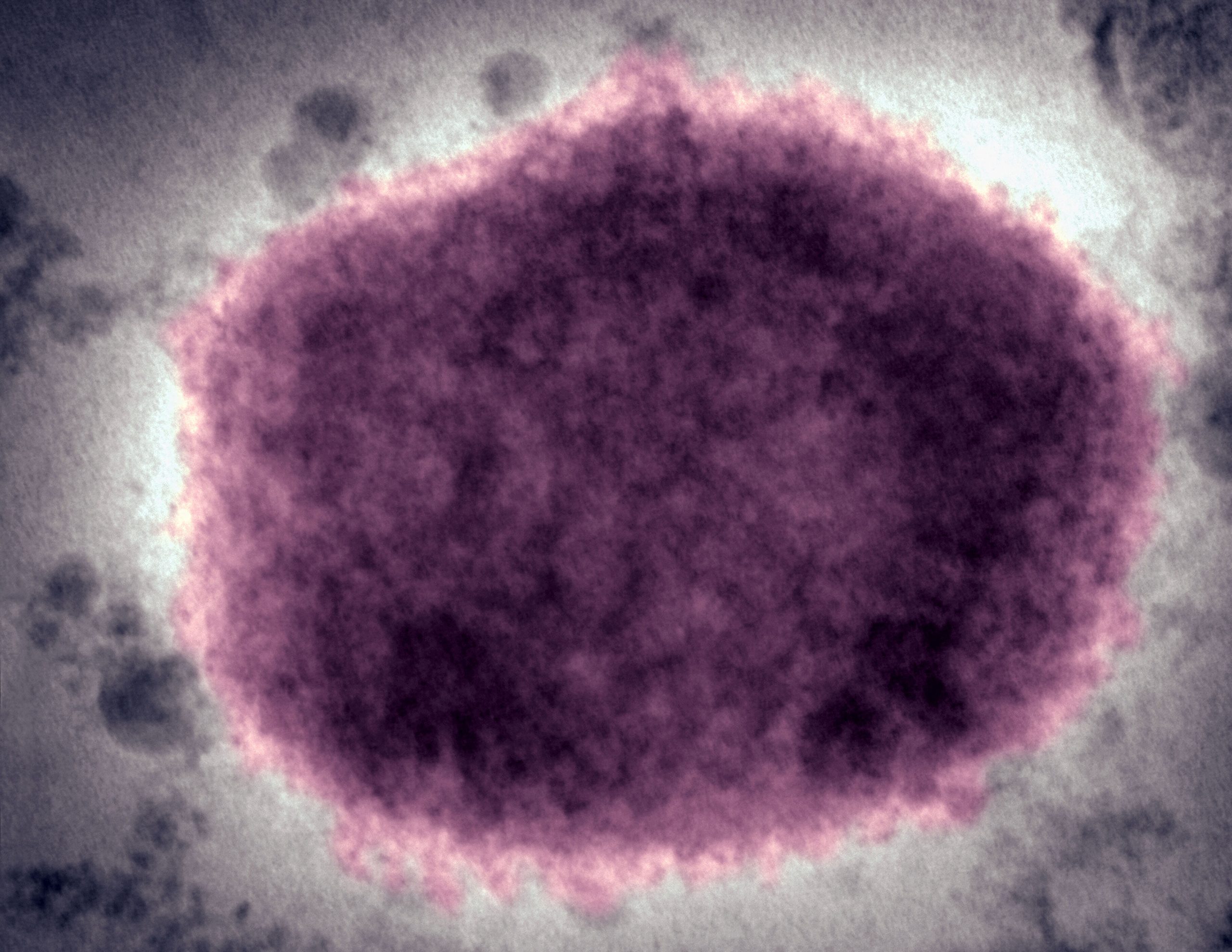The multinational monkeypox outbreak continues to pose a low risk to the general public, and, for now, it seems unlikely that cases will mushroom into a global pandemic, according to the World Health Organization and the US Centers for Disease Control and Prevention.
But, experts are concerned that the virus could continue to spread and that transmission may escape containment without an urgent and thorough public health response.
The outbreak tally continues to increase rapidly, with hundreds of cases now reported across at least 23 countries. In an update released Sunday, May 29, WHO reported 257 confirmed cases and around 120 suspected cases from 23 countries. Those figures are already significantly outdated. As of Monday, Our World in Data reported 555 confirmed cases worldwide. On Tuesday, the United Kingdom reported 190 cases, up from the 106 that WHO reported Sunday. Likewise, the US total has increased to 15 cases, up from 10 reported last week.
In a press briefing last Thursday, CDC Director Rochelle Walensky said the agency presumes that there is some community spread of the virus in the US.
Still, in a public presentation guiding clinicians last week, Agam Rao, a CDC infectious disease specialist and poxvirus expert, highlighted that the monkeypox virus is not easily spread. The virus is related to smallpox but causes a relatively mild disease with a telltale rash and is usually accompanied by flu-like symptoms. Transmission requires close and prolonged contact, with the highest risk of spread to health care workers and the family members and sexual partners of infected people. "Monkeypox virus does not have the potential to be a pandemic," Rao said succinctly. (More information on monkeypox and its transmission is here.)
So far, many of the cases appear to be in men who have sex with men (MSM), and the virus appears to be spreading through sexual networks. But health officials are cautious to avoid spurring stigma or a false sense of security. The virus can spread to anyone, and it is not a sexually transmitted infection specifically.


